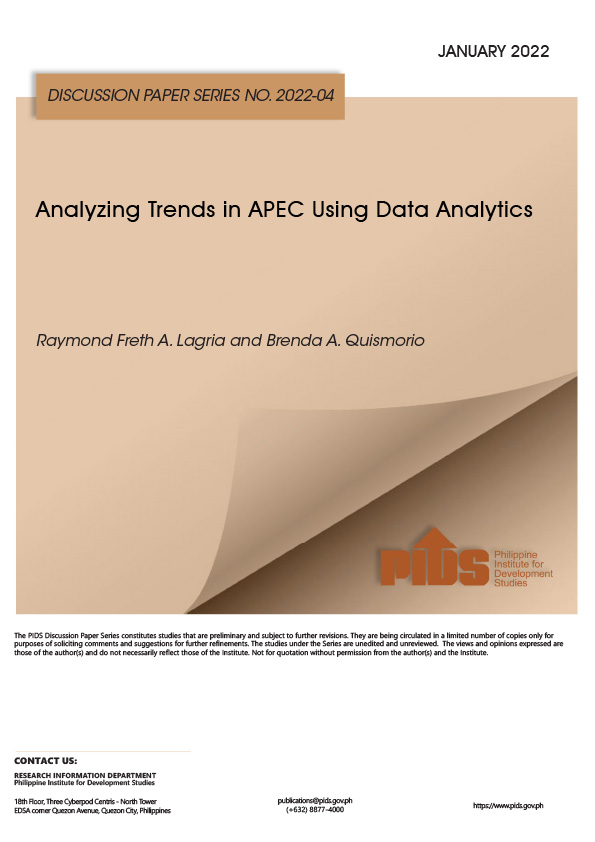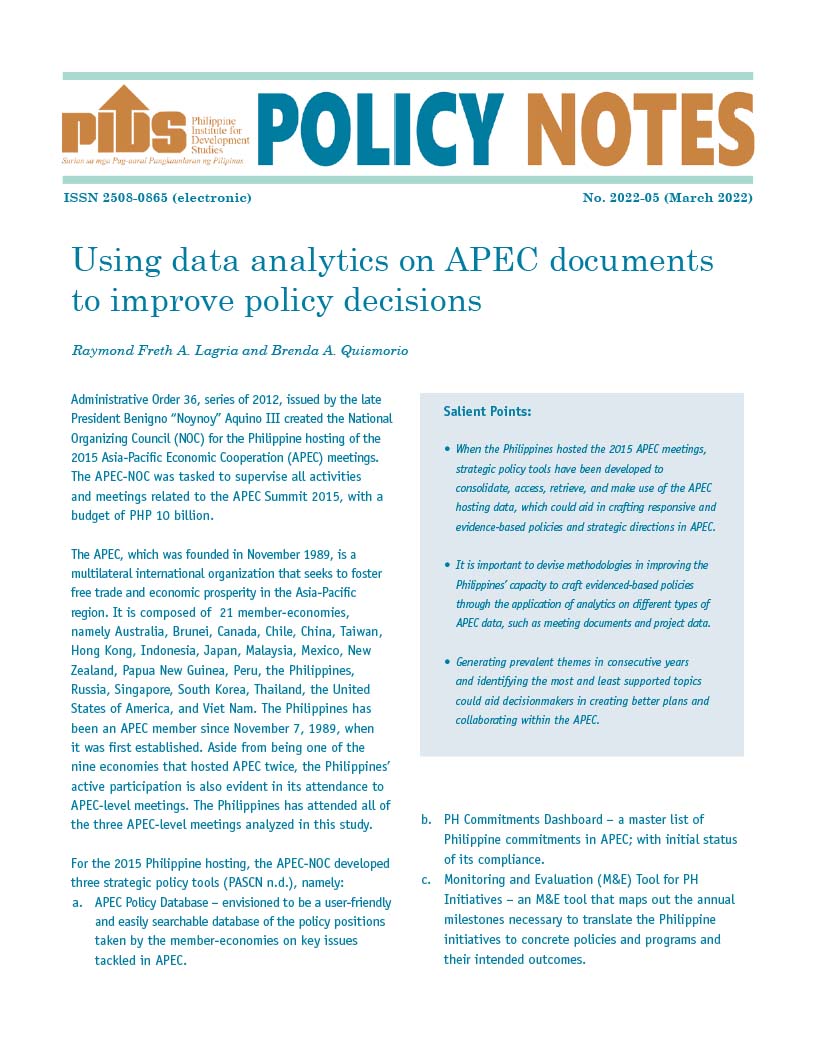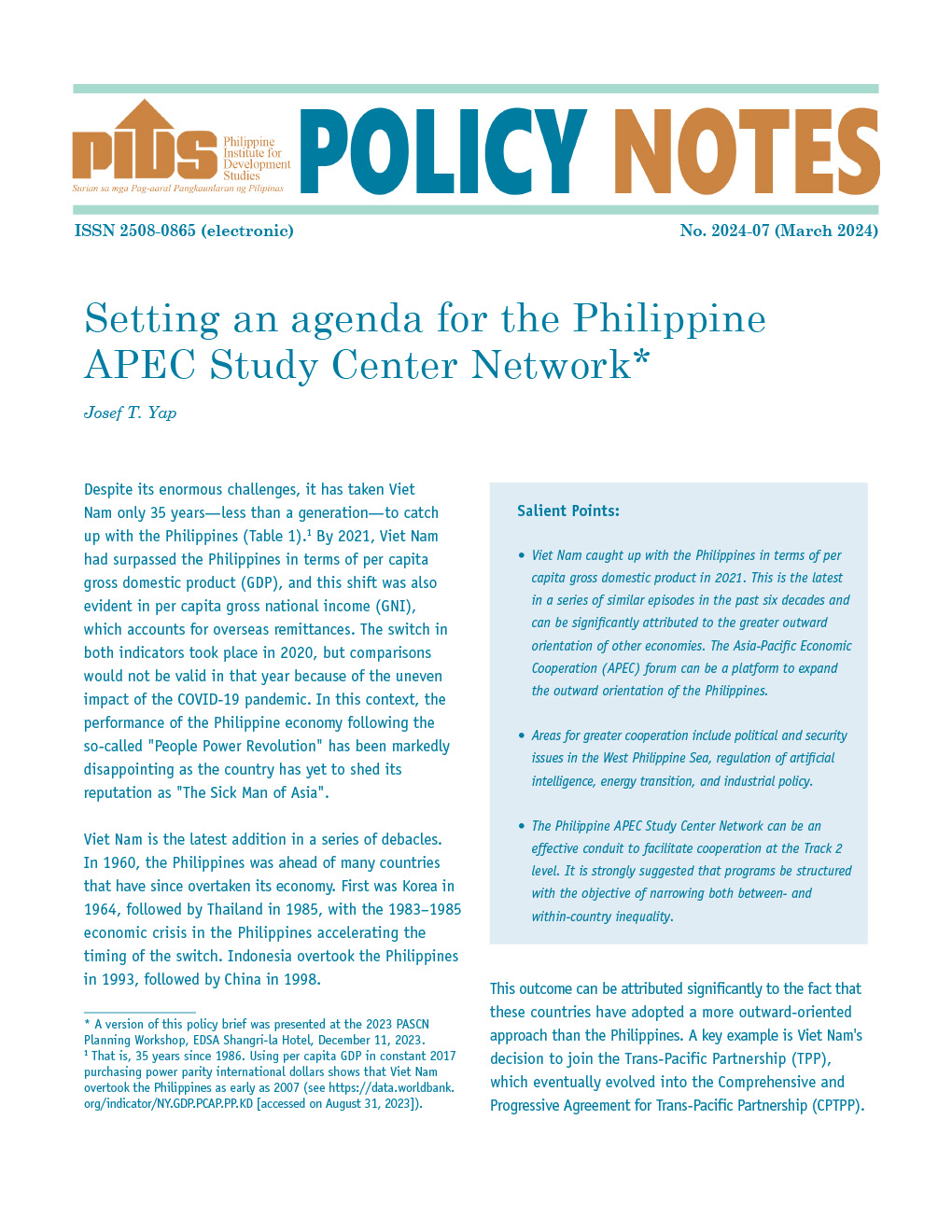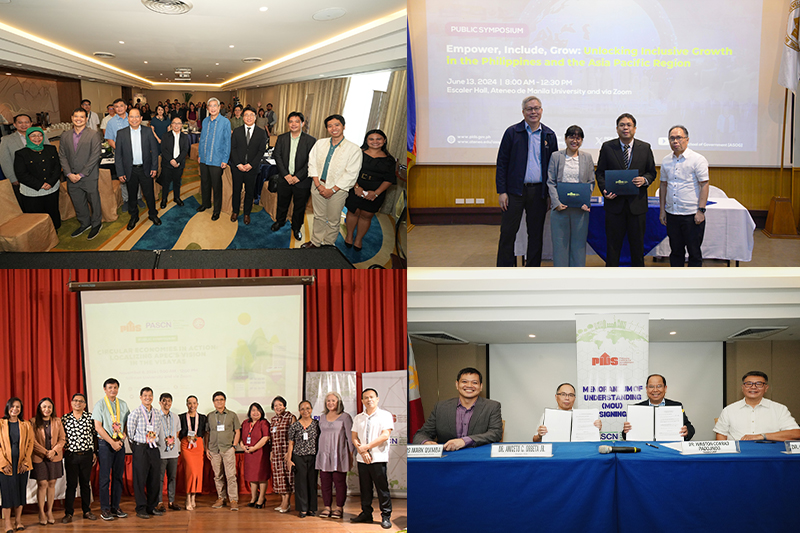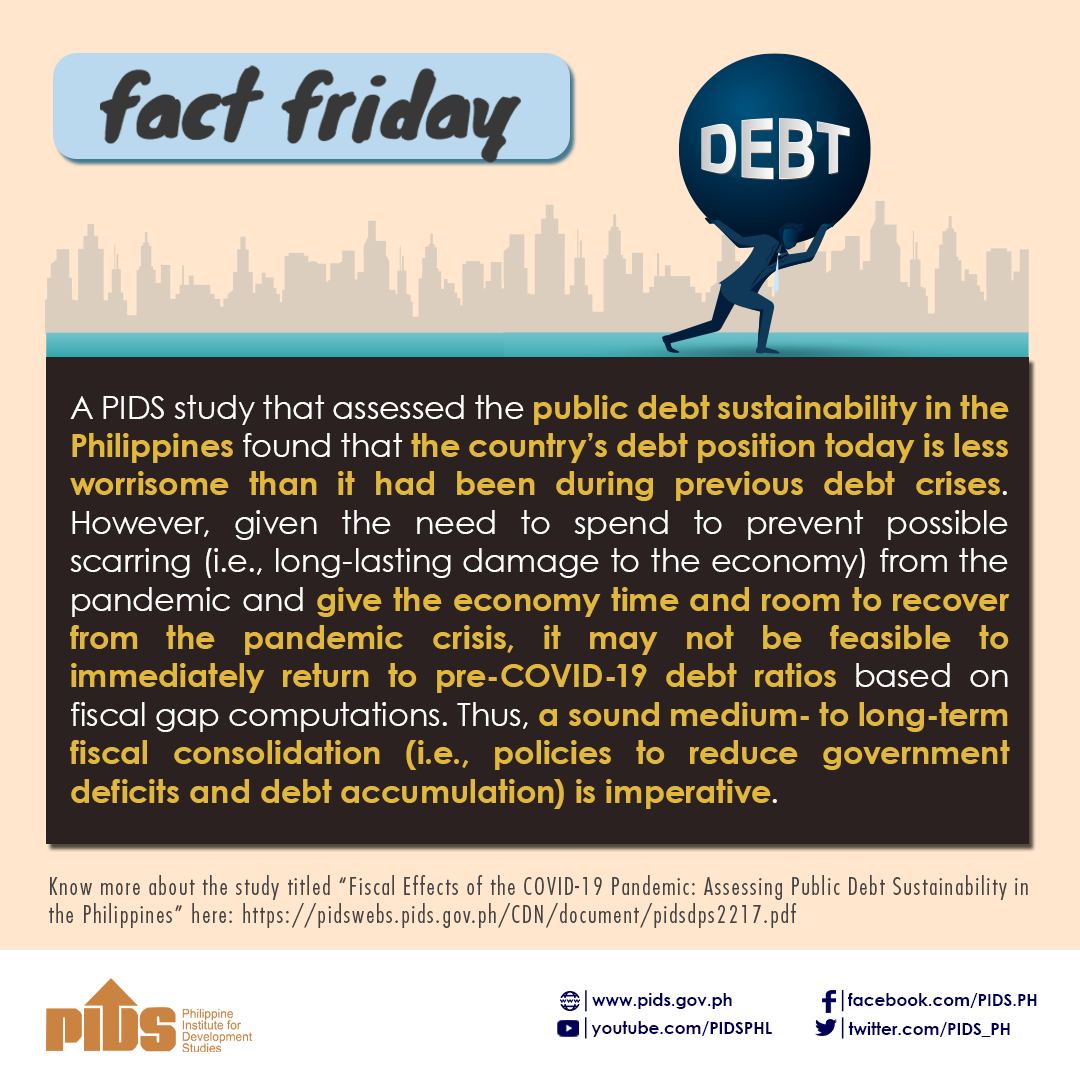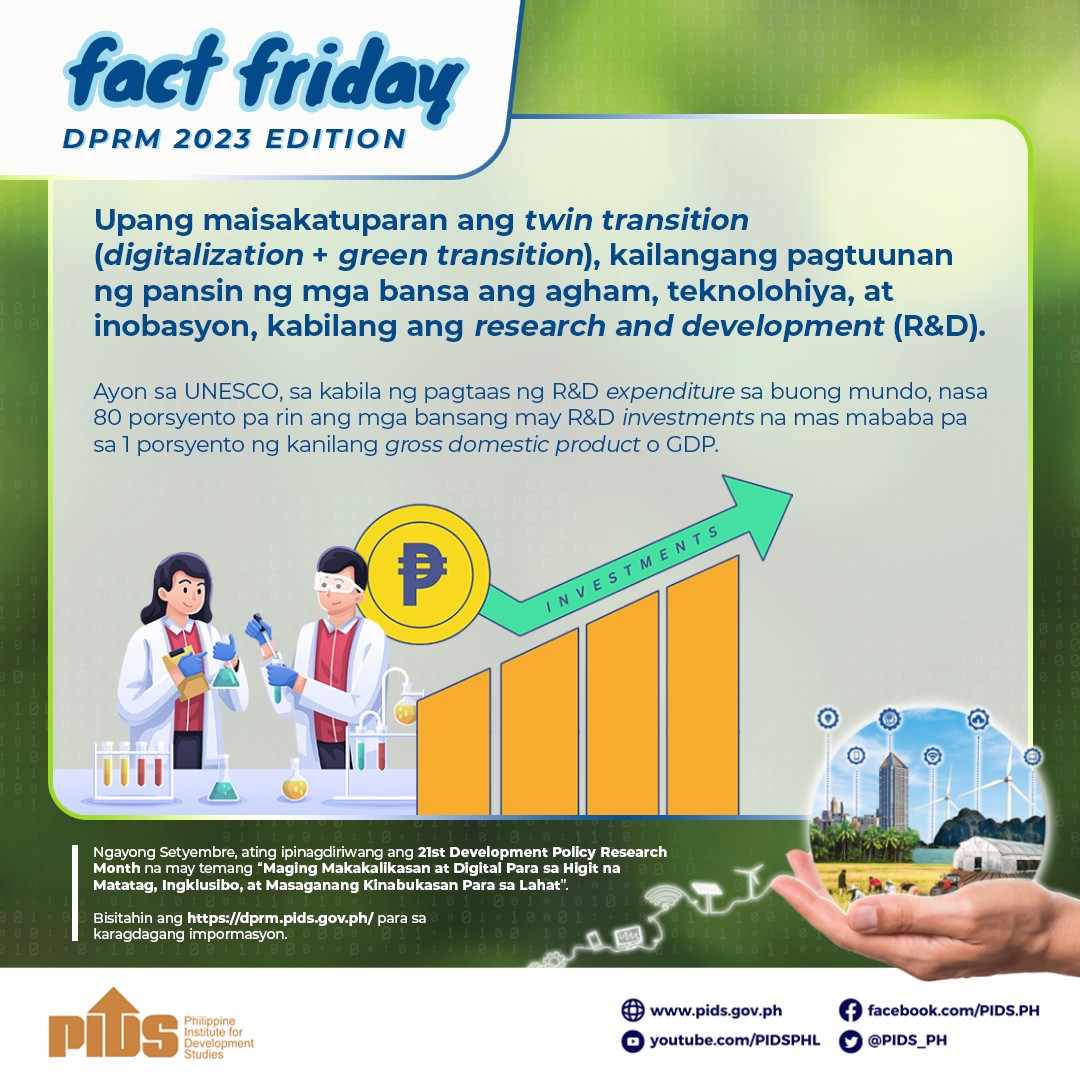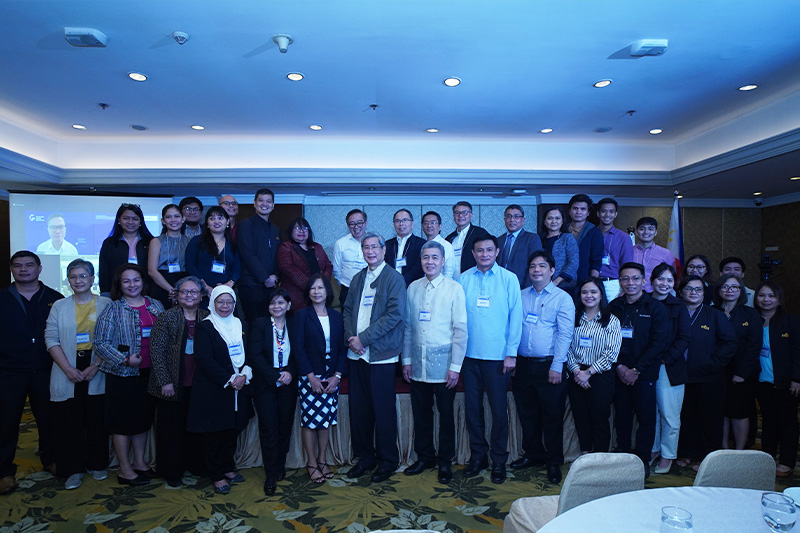
The Philippine APEC Study Center Network (PASCN) is set to prioritize closer collaboration and impactful research, aiming to boost its influence in the Asia-Pacific region. This strategic shift emerged from a recent pivotal planning workshop held in partnership with the Philippine Institute for Development Studies (PIDS).
This two-day event, participated by more than 20 institutions, allowed Network partners to engage in intensive discussions, charting a dynamic course for the PASCN’s future, and addressing crucial issues facing the Philippines and the broader Asia-Pacific region. Key focus includes the need for the Network to spearhead new projects and knowledge-sharing platforms. This, they believe, will strengthen research collaboration among member institutions and enable effective assessment of research impacts.
PASCN partners also called for resource consolidation for non-competitive cooperation and alignment with APEC priorities. Senior Research Fellow at PIDS and Director of PASCN Dr. Francis Mark Quimba stressed the need to bridge resources instead of engaging in competition to secure funding and enhance the Network’s influence. “Taking a mark and letting the government see that the organization can do something is one way for the PASCN to have funds. [We should] bridge rather than compete for the resources,” he said.
Recognizing the changing landscape since its establishment in 1996, partners urged PASCN to reassess its mandates to ensure they remain relevant to contemporary challenges and needs. Strengthening ties among member institutions was identified as a key strategy.
The PASCN, established as the Philippines’ response to the APEC Leaders’ Education Initiative, aims to develop regional cooperation among higher education and research institutions in the APEC region. PASCN creates an avenue for universities and research institutions in the country to work together not only on issues pertaining to APEC but also on development reforms. Currently, the Network is comprised of 10 universities and two research institutions.
To know more about the Network, visit https://pascn.pids.gov.ph/. ###


